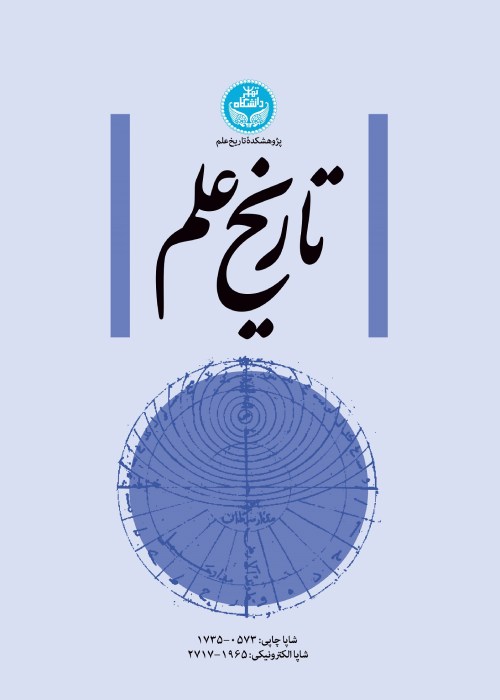New Method in Primary Education in Iran in Qajar Period
Author(s):
Abstract:
One of the social and cultural developments produced during the Qajar period is the introduction of new methods of primary education. In fact, the methods used for teaching reading and writing abilities in the course of the last century are based on the theoretical efforts and practical experiences of the Qajar period. The most significant development occurred with the introduction of the new methods for teaching the alphabet. It was only after the widespread use of these methods that the genaralisation of public eduction and the the creation of a nation-wide educational network became possible. The development of modern primary eduction in Iran has been conditioned by several factors: the increasing number of the Iranian students graduated from foreign educational centers, the acquaintance of the Iranian elite with foreign languages and their alphabets, the influence of the new educational experiences made in the Ottoman Empire, and the establishment of foreing schools in Iran. In this paper we have a short look the early experiences in this field and the challenges they represented.
Keywords:
Language:
Persian
Published:
History of Science, Volume:12 Issue: 2, 2015
Pages:
163 to 172
magiran.com/p1761078
دانلود و مطالعه متن این مقاله با یکی از روشهای زیر امکان پذیر است:
اشتراک شخصی
با عضویت و پرداخت آنلاین حق اشتراک یکساله به مبلغ 1,390,000ريال میتوانید 70 عنوان مطلب دانلود کنید!
اشتراک سازمانی
به کتابخانه دانشگاه یا محل کار خود پیشنهاد کنید تا اشتراک سازمانی این پایگاه را برای دسترسی نامحدود همه کاربران به متن مطالب تهیه نمایند!
توجه!
- حق عضویت دریافتی صرف حمایت از نشریات عضو و نگهداری، تکمیل و توسعه مگیران میشود.
- پرداخت حق اشتراک و دانلود مقالات اجازه بازنشر آن در سایر رسانههای چاپی و دیجیتال را به کاربر نمیدهد.
In order to view content subscription is required
Personal subscription
Subscribe magiran.com for 70 € euros via PayPal and download 70 articles during a year.
Organization subscription
Please contact us to subscribe your university or library for unlimited access!


